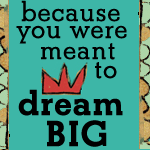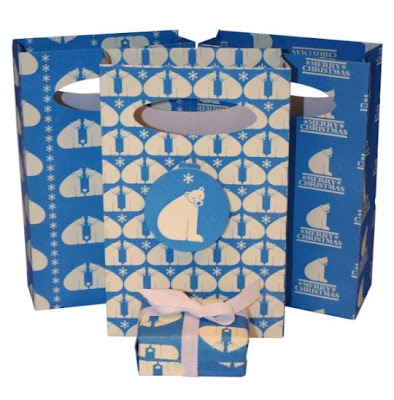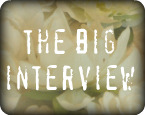(image courtesy of Niel Jonker)
On breadmaking…
How did you get into breadmaking? It chose me. I was in-between jobs when breadmaking served as a form of guidance. It contains a series of simple processes that have a life of their own, similar to the strange way that art is evoked (as opposed to pursued). I was taught many things that reminded me of nature's supremacy on the micro-level of being - things like regard, patience, humility and so forth. My bread adventure has been going on a decade now and still I feel like a child learning to walk.
Does breadmaking influence your painting in any way? Probably. If anything, it reminds me that I am never entirely in charge. The artist or artisan remains merely a part of the greater whole. It is all one.
What makes the perfect loaf of artisan bread? Perfection of each stage of the process arising naturally as a result of fostering a genuine and simple regard. Regard for the greater whole, regard for all things in life; regard and gratitude. Was it Beethoven who defined the three essential factors in being creative? Love, love, and love..
(image courtesy of the artist)
On his art education and career…
How important has your formal art education been to your development as an artist? I was a reluctant student who almost chose apprenticeship to established artists over education. In the end I custom-designed my education by attending two institutions: first a year at a small institution that favoured old-school techniques of drawing and painting, and then qualifying at a sculpture faculty that looked at more conceptual contemporary concerns. This sounds like the story of my life, where I repeatedly find myself in-between respective (and sometimes contrasting) schools of thought, allowing for more objectivity while avoiding dogma. As a youth I was lucky to have parents of separate linguistic subcultures and they instilled in me a tolerance for diversity. I find this to be an essential skill in understanding South Africa's contrasts. So often my position is that of an in-betweener.
What enabled you to take the leap to becoming a full time artist back in 2004? I recognised the need for a rehab/ transition phase after several jobs were failing to succeed. Bread-making was this cleanser and it held my hand while I worked out fickle yet significant issues, including self-image, finances, etc. and all the while developing a daily art practice. The latter is the most important and should be seen for what it is: a practical issue.
(image courtesy of the artist)
On the business of art…
How do you manage to juggle creating and business? What is your biggest challenge in doing this and how do you deal with it? It helped to grow up on a farm and learn about business elements like production and sales from a young age, so you could say I apprenticed as a business man. The secret is to not get too serious about business and just let go of the wheel a bit as business is refreshingly simple and should be seen as just another toolbox. Okay, I'm not really answering that question, now am I? Hmm... I try to redefine essential business functions into friendlier concepts, e.g. selling is essential but can feel a bit impersonal when applied to an object that was created from the heart. So I rather talk about 'sharing' when selling, and that makes it easier to talk and listen to potential collectors. The biggest challenge is finding the time and resources to represent yourself in business, but it helps to remember that the guy next door is also struggling to do just the same. It also helps to remember that I am first and foremost an artist, and only secondly a business administrator. Also, try to distinguish between ethical and business concerns. So often I run across another artist at a deadlock as he brings moral judgement upon some aspect of business, out of context.
What advice would you give to people who are currently creating part-time, and trying to develop their creative businesses alongside a 'day job'? Know that a job is a job, while art is a career. No artist should ever be referred to as part-time, as that is like suggesting being part-human! After all, one does not choose to be an artist - it is an inner compunction that refuses to be ignored. If you're preparing for a creative career then my practical advice would be to apprentice to another entrepreneur (even in another field) and learning about business, self-employment, people skills, etc.. If you are content to wonder about creatively and have no need for pressure, then revel in this and simply be.
(image courtesy of the artist)
On South African artists…
What are the key challenges and opportunities facing contemporary artists in your native South Africa? Apparently we are statistically one of the most creative nations, and this probably has something to do with living in an environment that is never a fait-accompli. There is room to maneuvre and custom-make your path in a country overflowing with opportunity, while the challenge remains in evoking a language that succeeds in translating this experience coherently to a crowd from Babel.
Which other South African artists do you admire and why? Hugo Naude for humbly painting nature in situ.
(image courtesy of Niel Jonker)
On life as an artist…
What is your favourite part of your life as an artist? Being entirely at the mercy of natural forces; having my eight-month old daughter as a co-worker; walking to work through a forest; relying on nothing but faith for next month's income.
Be inspired by more Do What You Love interviews with artists, writers and creative entrepreneurs here













































































